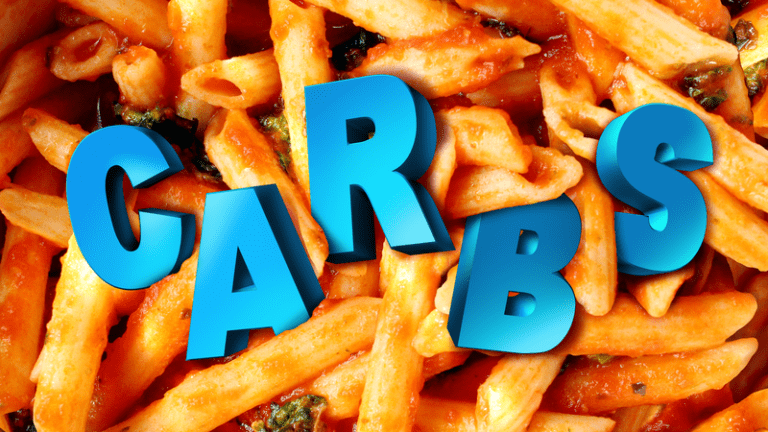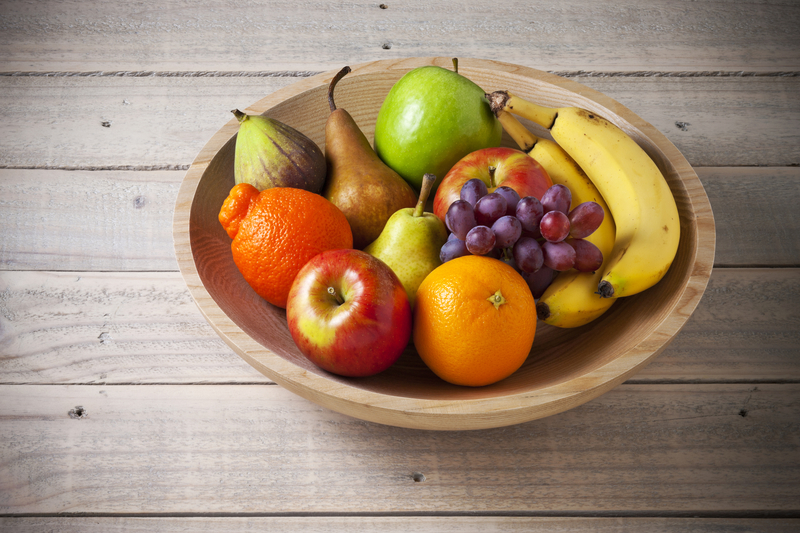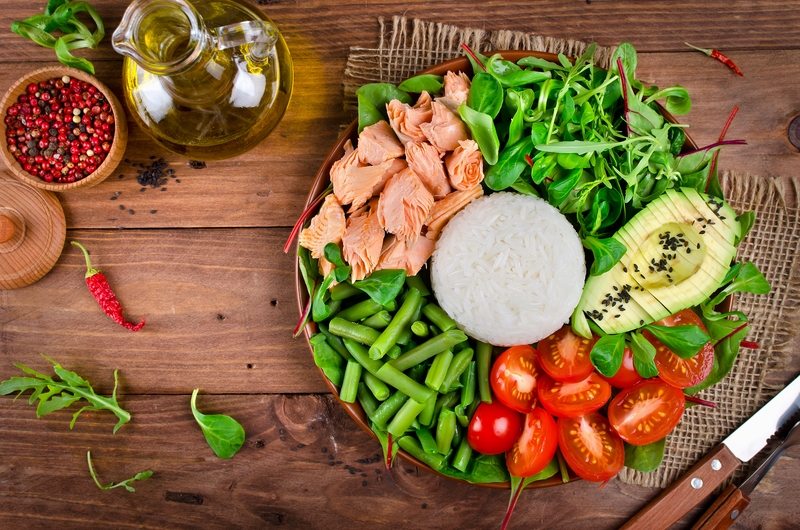Carbohydrates are the body’s primary energy source. They are important for health, but not all carbohydrates are the same. They come in two forms–simple and complex. Here is a quick guide to understand the difference and how to choose wisely.
Simple Carbohydrates
These carbs are composed of easy-to-digest sugars. They are not necessarily good or bad; it depends on the foods they come from. Go easy on those from processed foods. There is more details about processed and refined carbohydrates below. Included among this group: candy, cake, pastry, soda, syrups, and condiments, and these cause spikes in blood sugar levels. Fruits, on the other hand, do not affect blood sugar levels in the same way. Fruits are rich in nutrients and a good source of dietary fiber. Fruits high in fiber include pears, apples, bananas, and berries. The fiber slows down their digestion making them more like complex carbohydrates.
Complex Carbohydrates
These carbs are found in whole grains, legumes, starchy and fibrous vegetables.
Complex carbs take more time for the body to break down than simple carbs and provide long-lasting energy.
Foods with complex carbohydrates tend to have more vitamins, fiber, and minerals than foods containing simple carbs. Eat whole grains such as barley, rye, oats, brown rice, quinoa, millet, and whole wheat. Legumes include peas, lentils and beans such as kidney, white, black, pinto, and garbanzo. Try starchy vegetables such as sweet potatoes, squash, and pumpkin. Fibrous vegetables include asparagus, broccoli, cauliflower, and can also be found in most dark green leafy vegetables.
Processed/Refined Carbohydrates
These are foods that contain simple carbs from refined sugars and flours, and they usually contain chemical additives too.
These types of carbs are considered the bad carbs or the ones to avoid.
They contain lots of sugar and no nutritional value. Avoid or limit added sugars with ingredient names such as sucrose, fructose, dextrose, and maltose. Avoid or limit breads, pastas and cereals with ingredient labels that say refined, bleached, enriched, or processed. Processed sugars and flours adversely affect the immune system and metabolism.
A good rule to remember is that if food is high in sugar or starch content, and low in fiber, naturally occurring vitamins and minerals, the harder the body has to work to digest it.
Nutrient-Dense Natural Foods
Complex carbohydrates from unprocessed, natural foods are a good nutrition source. Fruits are another natural food with nutritional value. Eat them daily–about two cups of fruit, give or take, is adequate, and fruits serve as good to have as in-between-meal snacks. They are a better choice rather than grabbing for a candy bar or a box of cookies. Fruits are also good in smoothies with nuts or seeds like hemp. Hemp seeds add fat and protein. Blend it along with some greens for extra nutrition.
Choose a mix of nutrient-dense foods at every meal. Meals should include complex carbohydrates, healthy fats, and protein. Eat these foods in their most natural state and preferably organic to avoid an excess of chemicals from herbicides and pesticides. Eat until satiated rather than stuffed, so the body is better able to absorb nutrients. No worries about over-indulging once in a while or a special occasion treat; No one is expected to be 100% healthy all of the time. Do your best most of the time and enjoy whatever you eat.
CoachUp is the safest and easiest way to find a coach for personalized training. With our 100% money-back guarantee and vetted coaches, anyone can achieve their full athletic potential. Find your perfect coach today and become the athlete you want to be!
How useful was this post?
Click on a star to rate it!
Average rating 0 / 5. Vote count: 0
No votes so far! Be the first to rate this post.







